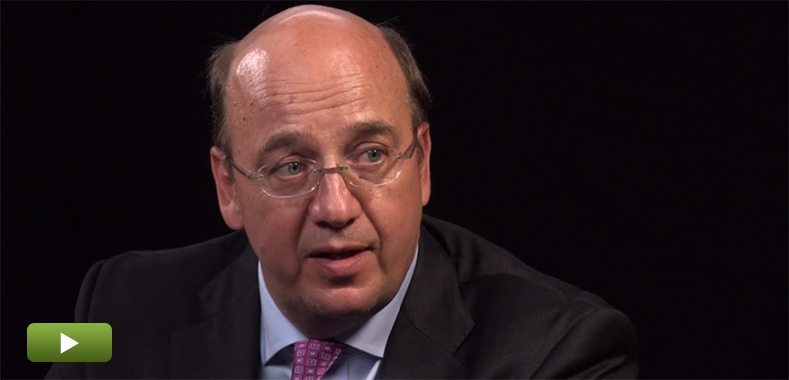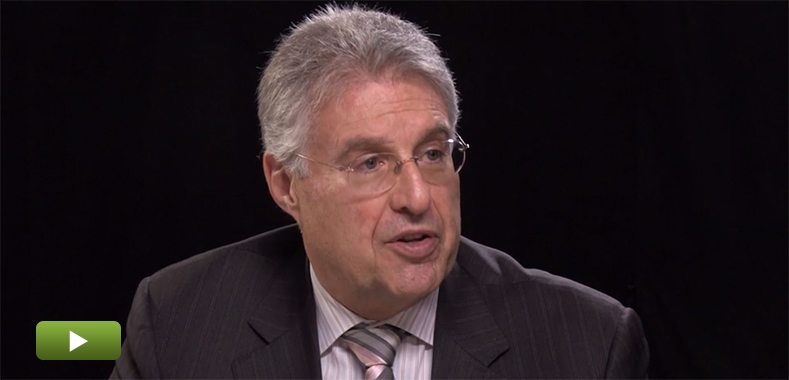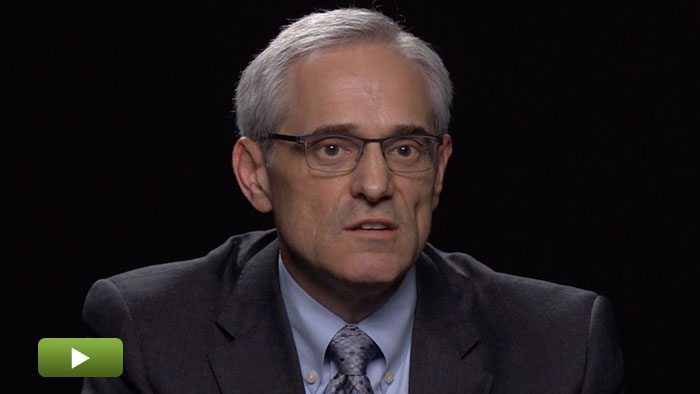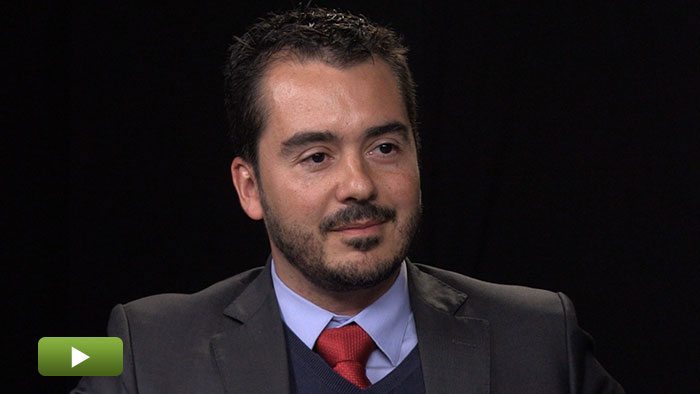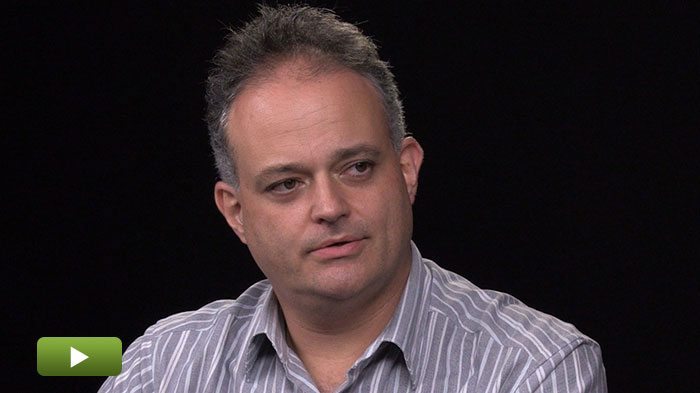Brazilian PE Firm Finding Opportunity in Healthcare
Brazilian-based TMG Capital’s Luiz Viana discusses how biotech, dental and healthcare are under-invested and an area of growth for private equity investors.
Transcript Download Transcript
Brazilian PE Firm Finding Opportunity in Healthcare
With Luiz Viana of TMG Capital
David Snow, Privcap: Today we’re joined by Luiz Viana of TMG Capital. Welcome to Privcap today. Thanks for being here.
Luiz Viana, TMG Capital: Thank you very much. I’m very honored to have the chance to discuss ideas with you.
Snow: As a veteran investor and business builder in Brazil, how do you feel right now about the opportunity to build value going forward? Do you feel as bullish now as you have in the past or is there some uncertainty?
Viana: I tried to convey until now, I believe this is a window for deployment and that, in this statement, it is implicit, the fact that I am very comfortable and confident that we are going to be able to deliver important uncorrelated returns to investors, coexisting with these reforms, adjustments and maturity of the political system.
I believe that, in two or three years, maybe four, valuations will again be high and then the job for financial sponsors to deploy capital is going to be a little tougher. Therefore, I believe that, yes, this is a very important moment and you need to be selective, as in any market, but the opportunity is, as I said before, not just valuation, but it is also the type of deal flow.
Many sectors in Brazil that have not yet considered a private equity partner are now in favor of considering that alternative. That is a summary of what we believe. Brazil, because of the size of the economy, the population and the rising middle class, and in spite of the fact that in the short term, the rate of growth of the middle class is slowing down for the economic adjustment reasons, because of the complexity of natural resources we command, because the country has continental proportions and because we are a young economy and democracy, I think, over these next 10 years, there are enough fundamentals to believe that it is going to be a market that we can deliver rates that are above the liquid assets with an illiquidity premium.
Snow: In what sectors are you seeing openness on the part of entrepreneurs where previously there wasn’t as much deal flow?
Viana: The entrepreneur world has addressed, until now, most of the sectors that you would expect in a globalized world. The technology-oriented deals have been opened in the good times and in the bad times. The transformational aspects that these deals represent attract entrepreneurs and Brazil has a very high rate of entrepreneurship.
Having said that, to answer your point, what are the areas that have not yet opened and now we are seeing that the doors are more favorable? Number one: the pharma and biotechnologies areas. This has to do with the fact that Brazil has missed the pharma cycle…that happened 20 or 25 years ago with the advent of fine chemistry. Right now, the cycle is the cycle of bio-similars, the industry that…comes up with drugs in the general criteria that are actually produced by living entities, be it bacteria or yeasts and so on.
Brazil needs to make a step forward to avoid missing that cycle as well and be able to have important developments—oncology drugs like Interferon, like human growth hormone, like insulin— that are so important for the healthcare of the country, as a whole. This has been opened for financial sponsors right now. We are one of them.
For instance, to…leave the abstract thinking to go to a concrete level, I would say we have consolidated in Brazil the dental-care business. How does this address as a scar? It addresses the fact that when we entered the dental–care space in Brazil, there were about 800 small companies going after about two million lives. In the same period in this country, in the U.S., you had about 20 companies addressing a market of 130 million individuals. If this is not hyper‑fragmentation, I don’t know what the concept of fragmentation is.
Then, we entered the market. We bought a platform company, then we bought six companies under that and, after eight years approximately, we IPO’ed the company with a multiple for investors of 40 times and 22 times in dollar terms. Why? Well, we have worked hard, but also because we addressed one of those imperfections—the hyper‑fragmentation. And because, by addressing the hyper-fragmentation, we unlocked the pent-up demand that was already there. And…we took advantage both of the management of high-growth environments together with this issue of understanding the imperfections created by past macroeconomic events.
The other…sector where I see a recent opening is the decision analytics—the ability to process a huge amount of data and deliver to companies the information necessary to improve their operations. I think this is happening at a tremendously fast pace in the U.S. and certain economies like Germany and France, but not in Latin America. Now, we are starting to try to catch up. By “catching up,” I mean not just realizing that we were a little late in the game, but also with the technology and talent that is domestic right now.
Brazil, as I think is the common knowledge, is a country that has very heterogeneous geographical areas, pools of talent and pools of excellence as well. Therefore, I think [it’s] a very interesting place to be an investor in the good days and in the bad days.


